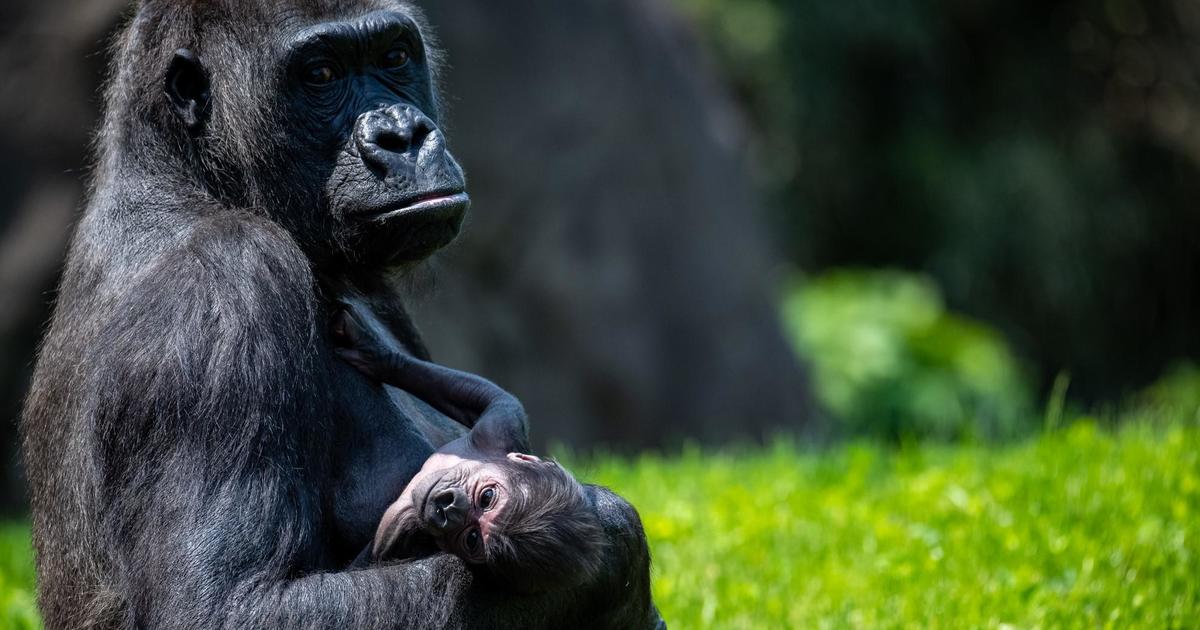Researchers Develop Prenatal Genetics Test
PITTSBURGH (KDKA) -- Knowing your baby's genetics before he or she is born can be reassuring since some diseases are because of problems with chromosomes.
"I think we'd like to know if I'm a carrier for certain things, and if we are, if my children will be carriers as well, just so they know," says expectant mom Jaime Renda of Gibsonia. "I think it's my responsibility to at least give them the best possible future."
For people who need a definite answer, the closest way to get there is with certain invasive tests, looking at the fluid around the baby, or sampling the tissue, inside the womb.
"It's going to be the most accurate, but there will be a risk of miscarriage of one in a thousand, so you have to think about for the couple are they willing to accept that risk to get that information," says Deanna Shaw, a genetic counselor at UPMC Magee Womens Hospital. "[Expectant couples are], like, well, 'I would feel so horrible if I miscarried, and my baby was perfectly normal,' so they do have concerns about that."
In a study published in Science Translational Medicine, researchers in China took blood from a pregnant woman, and were able to find bits of DNA from the fetus. They analyzed it for genetic variations and mutations, compared it to mom and dad's DNA and were able to figure out if the baby had a type of genetic blood disease, called thalessemia, or if the baby would be a carrier.
"In this particular paper, they show that for the first time, you can actually get the whole fetal genome," says Dr. Aleksander Rajkovic, Director of Medical Genetics at UPMC Magee Women's Hospital.
Whether this technology will work a 100 percent of the time or not is uncertain.
While it is only one case, if this technique can be done just as well by others with larger numbers of patients, it could be a new way to screen for genetic problems with less risk.
Whether it's helpful to know the whole genome, or genetic code, of the baby is yet to be seen. Every blip in the DNA may be more information than expectant parents know what to do with.
"Expectant couples want to know as much as possible about the baby, but we won't be able to know what all these changes mean, in some cases," says Dr. Rajkovic.
If testing like this becomes available in the next half decade, it's likely to be expensive – thousands of dollars, at least – though the price could come down with time. The study was funded by a San Diego company that develops prenatal diagnostic tests.



